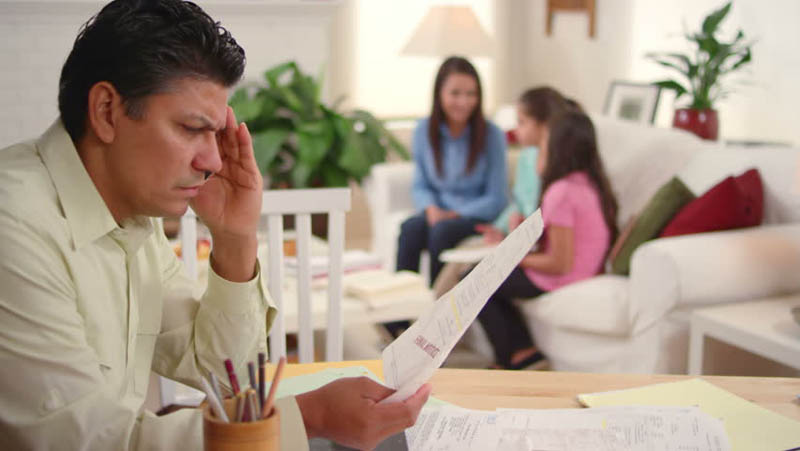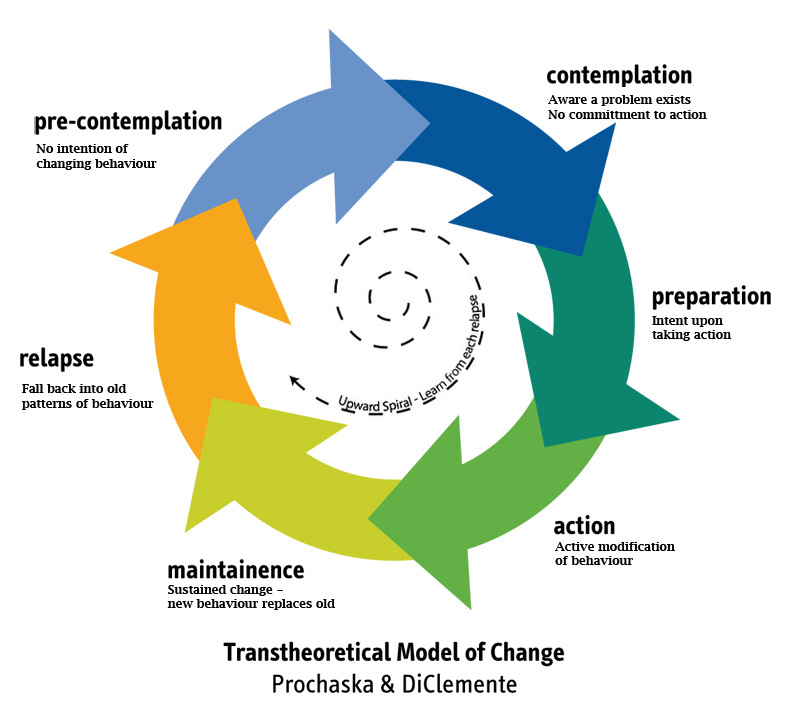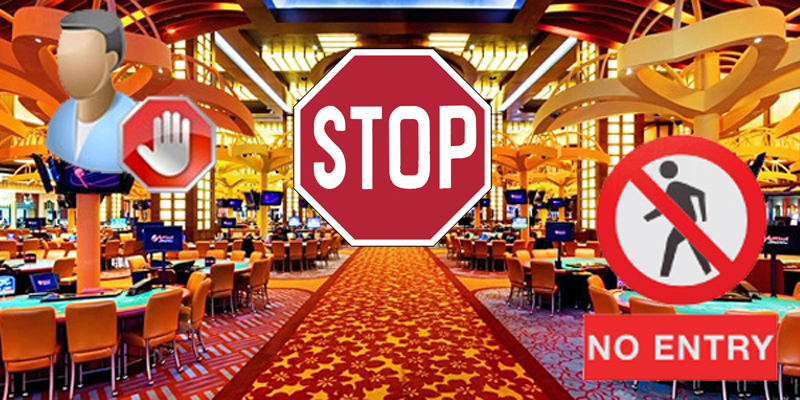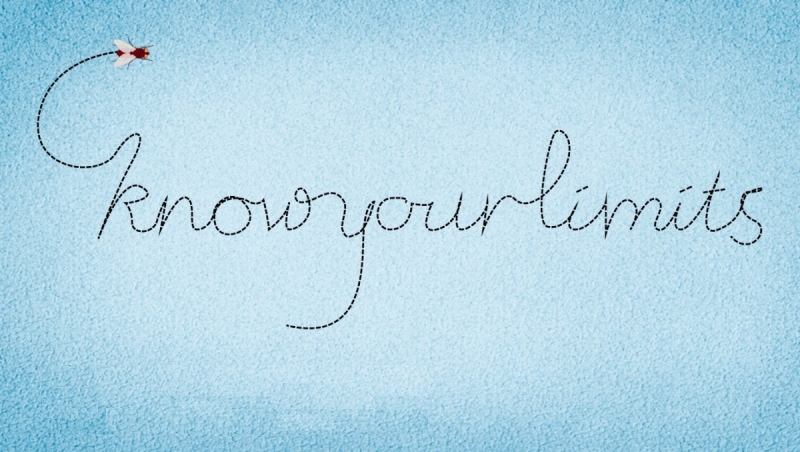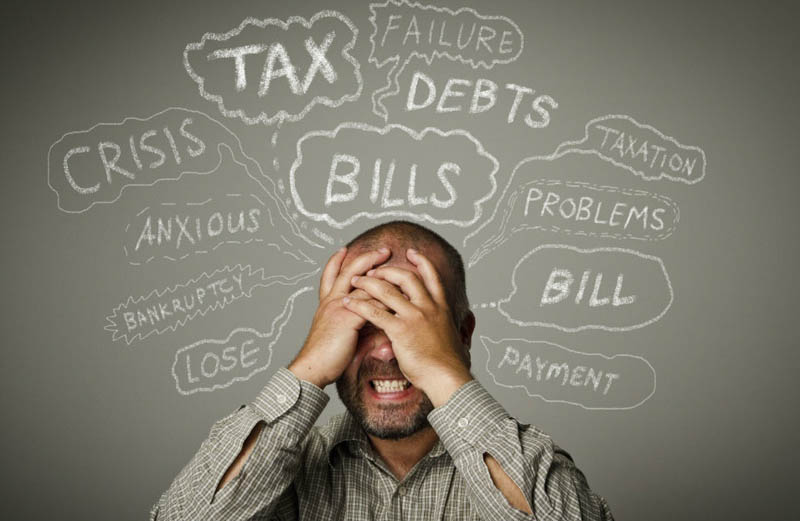If you are unsure whether you or someone you know has a gambling problem, you can answer the Gambling Anonymous 20 questions to help identify the severity of the situation.
Problematic behaviour is not a static condition, it fluctuates throughout a person's life, moving through various states of greater or lesser severity as sometimes people gamble more, sometimes less; sometimes experience problems, and sometimes not. Recovery from addiction is also a fluid process. The stages of recovery are best viewed as a set of interacting components that people cycle through more than once as they attempt to achieve sustained recovery.
Research has shown that most people involved with an addictive behaviour go through a change spiral. This varies from person to person – some people may quit for good from their first try, others may quit following a number of attempts while gaining in skills and understanding each time. Our aim is to help you to achieve your goals to stop the problems caused by gambling! Part of that work involves assisting you at each stage of change.
The harms from problem gambling can include suicide, depression, relationship breakdown, lowered work productivity, job loss, bankruptcy and crime. Suicide rates among gambling addicts are staggeringly high. Studies have estimated that one in five problem gamblers attempt to kill themselves, which is about twice the rate of other addictions. But there is hope. People can and do recover...
Problem gambling involves a compulsion to continue gambling despite the negative consequences or the desire to stop. If you want to stop, but feel that compulsion drawing you back, you can use a recovery tool called self-exclusion. Self–exclusion is a process that allows you to voluntarily ban yourself from gambling activities at hotels, pubs, clubs, TABs and online. This blog article explains all the ways you can self exclude.
This video takes a look at what problem gambling is, the signs to look out for, the risk factors that contribute to a problem with gambling and the impacts of problem gambling. It then takes a look at responsible gambling, things to keep in mind when gambling such as chance, randomeness and odds and then gives you some strategies to gamble responsibly.
Evidence gathered via numerous studies, anecdotal reports, and direct observation and experience of counsellors shows a strong correlation between problem gambling, poor financial literacy and financial stress and difficulties.
